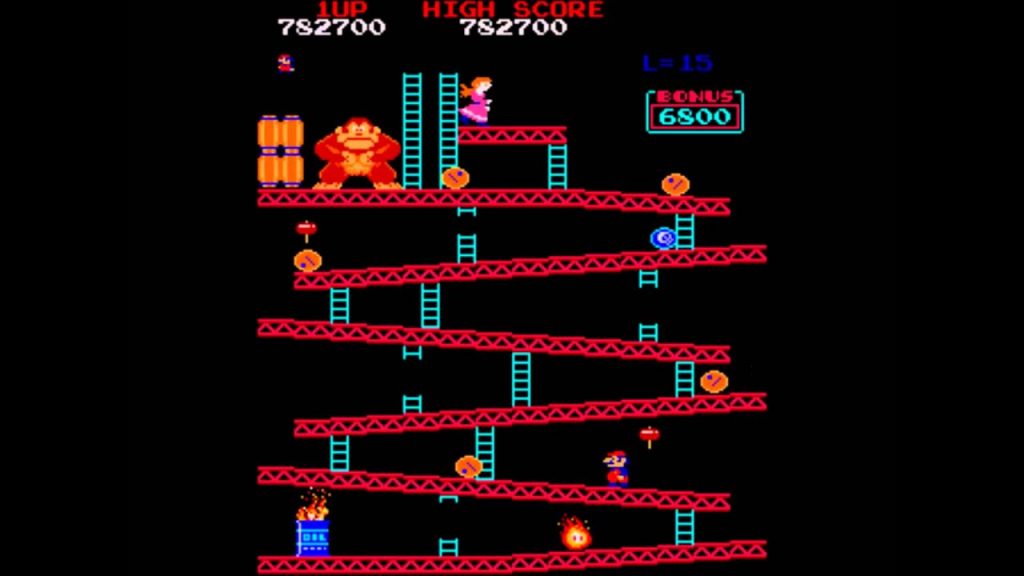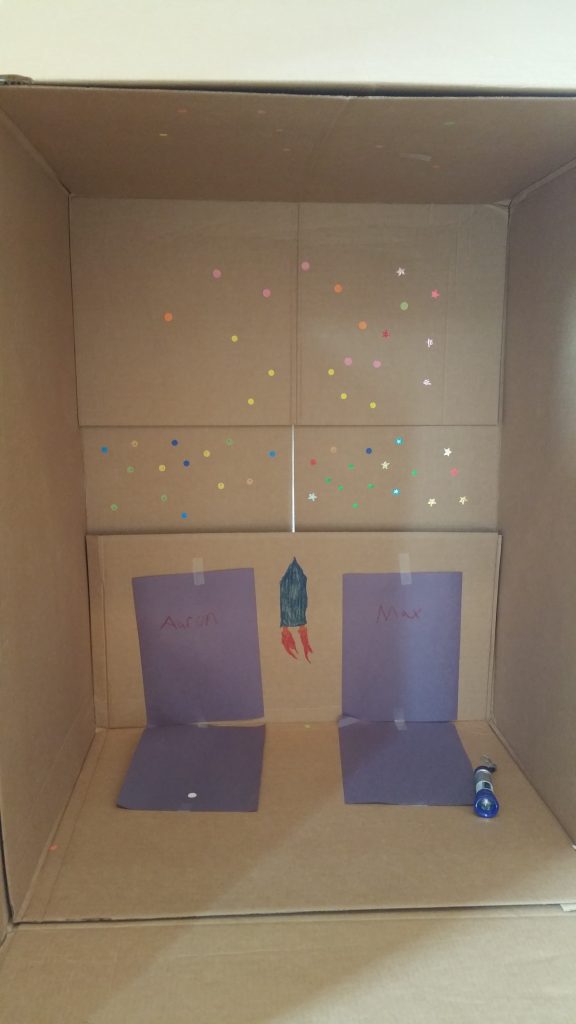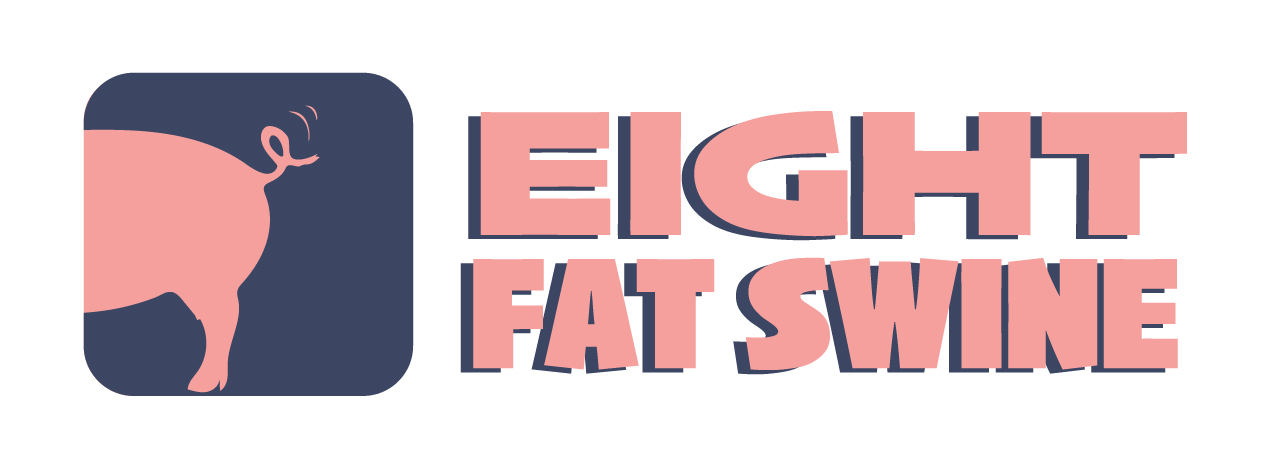
I want to stay healthy and live as long as possible. I could high score above 100 years but I could also die tomorrow or maybe even later today – thwack by a bus or some other incidental calamity.
Death and Decision Making Under Uncertainty
Some critical factors related to lifespan are completely out of my hands and left to chance while other factors are within my control. You can think of it in terms of decision making under conditions of uncertainty. Outcomes are unknown even as there are best choices which affect outcome probability. Make all the rational choices and still thwack or smoke five packs a day and high score 100 – either could happen.
Still, if I make rational decisions, optimizing for health, I can improve the probability of increasing lifespan and life quality – perhaps dramatically.
Gamifying Longevity
Remember when you were a kid and anything could be play? You could make a game out of clearing the dishwasher or getting ready for bed. You could play with a box for like five hours.
Here’s a pic of a rocket my kids made out of a box.

As adults, we still love to play, though life can get a little more serious and so we sometimes misplace the spirit. It also seems like people tend to frame healthy things as tedious or difficult while framing unhealthy things as fun. Maybe its a cultural thing. Maybe its a fun thing. Not sure I care.
I’ve been framing longevity as a game. I keep score by seeing how long I live. I’ll make my high score on the day I die and won’t live to take a victory lap but I’m cool with that.
There’s a spiritual component to this too. For me its akin to the Buddhist doctrine Impermanence, though this is a discussion for another post. Also, I want to give myself the best chance for a high score so I can spend as much time possible with my kids and the grand kids I might have one day.
Here’s how the game works.
It’s a strategy game and levels are constructed in terms of continuous cumulative optimization. We begin like any beginner with some basic mechanics of the game. The goal is to make behavioral changes that optimize health and lifespan.
The earlier levels are simpler, the way level one in a video game is easy while you get the gist, and introduce fundamental mechanics like education, nutrition, exercise, lifestyle, sleep/rest, relationships, supports etc. These mechanics resurface again and again in later levels in more challenging ways.
At each level, the goal is to optimize behavior in some way that increases the probability of a higher score.
The game is dynamic depending on the individual playing. My level one and level five may be very different from yours and success is not nonlinear.
If you exercise regularly, even moderately, you will increase the probability that you live longer. This was my Level One. It may be Level Five for someone else.
Here’s another one that’s also simple conceptually but more challenging in practice. In the aggregate, waist size is inversely correlated with lifespan. Lower your waist size and you will increase the probability that you raise your score. This could be a Level One, Three or Twelve depending on the individual.

Other longevity game mechanics will be less clear cut and interact with each other in complex ways. Everyone’s game is different. Nutrition, support system, mood, sleep, stress, all the mechanics, will occupy multiple levels depending upon your game design.
Presently, I’m playing a sleep hygiene level and it is challenging.
A Note About Reframing
Back in high school there was this genius kid who wrote stories and played the gut string guitar. He wrote a play once about a boy hanging out in the forest playing calculus.
It was a strange thing but the story always stuck with me because the boy was framing something I thought of as drudgery as a game. I recall it 30 plus years later.
Our beliefs help shape how we behave and how we feel.
If we think of making progressive health related behavioral changes as drudgery, depriving or puritanical, our feelings towards such changes will be negative and we will find continuous cumulative behavioral optimization difficult to maintain.
But if we think of it as a game, it will be fun and implicitly rewarding, especially as we experience progress.
